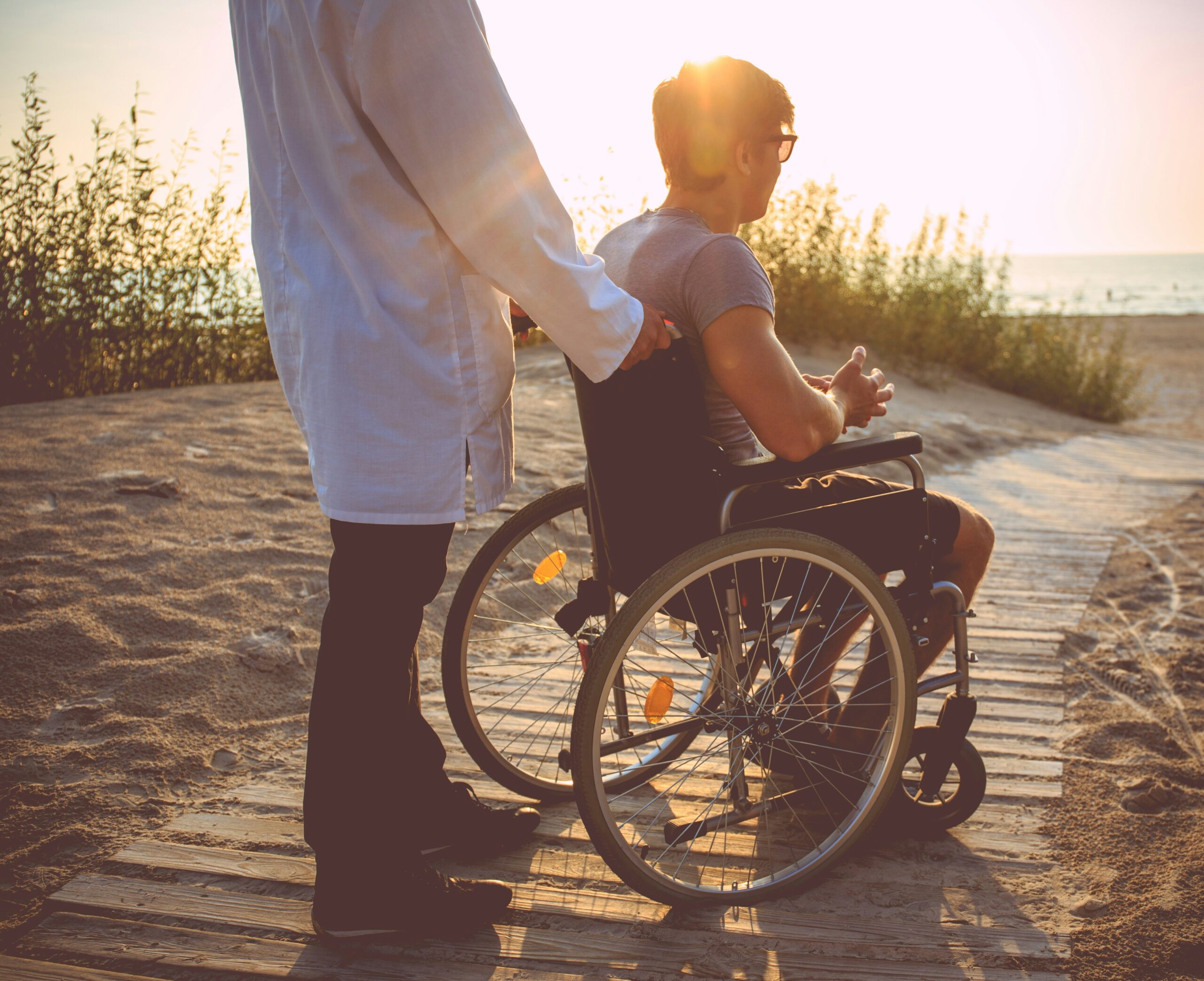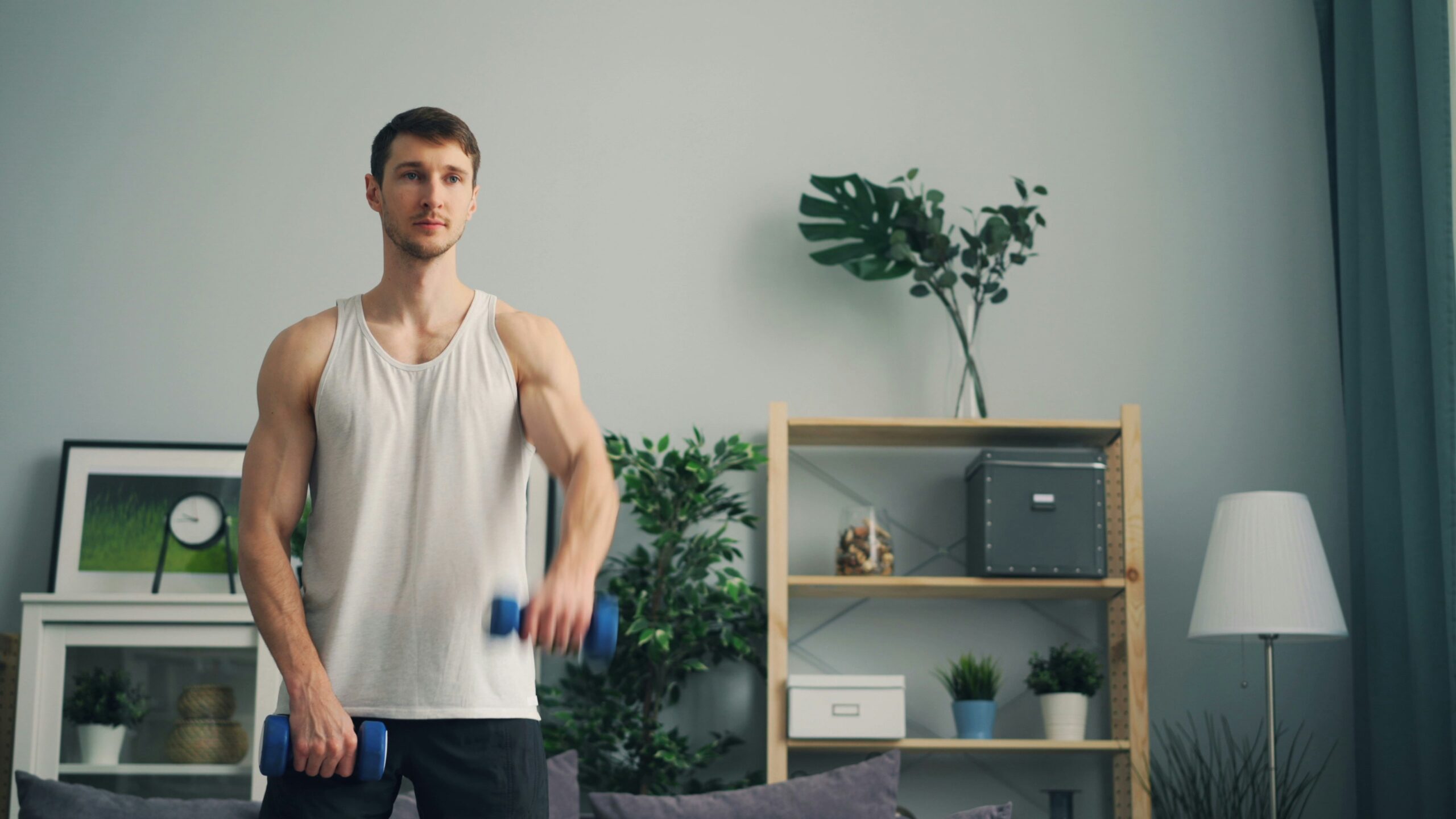Health Revolution: 5 Life Changing Physical Health Habits Backed by Science

Introduction
At a time when chronic diseases are growing and the sedentary lifestyle has become an ideal, a real health revolution is not just desirable, this is necessary. Millions of people discover rapid improvement, miraculous diet and changes overnight, but do not come from real, permanent health starts. It comes from consistent, science backed habits that change body, mind and life from the outside.
Welcome to the new wave of material welfare – not in a movement, but not in research, flexibility and results, but a movement. In this article, we reveal five lifelong physical health habits, each supported by stories of strict scientific studies, expert consent and success in the real world. These are not just tips; They are a healthy future column. Whether you start from square one or want to increase your current routine, these five strategies will light your personal health revolution.
Table of Contents
1. Move Daily: The Power of Consistent Physical Activity
Let’s start with the most basic truth: Movement is medicine.According to the World Health Organization (WHO), no more than 1 out of more than 4 adults worldwide meet the recommended levels of physical activity those at high risk of heart disease, diabetes, obesity and depression.
But here’s good news: You don’t have to run a marathon or spend hours in the gym to get benefits.The key is stability.
A historical study published in Lancet found that the risk of premature death can be reduced by 30%from time to time five days a week. It also includes fast walking, cycling, dancing or horticulture. Magic is not in intensity, but in regularity.Why does the movement mean for health so much?
It strengthens the heart and improves circulation
It controls the blood sugar and insulin sensitivity
It increases endorphins, reduces stress and anxiety
It supports common mobility and prevents age related decline
And the best part? You can start today. No equipment. No membership. Just lose your shoes and go for a walk. Make it a non preventive part of your day like brushing your teeth.
Pro tip: Par movement with Mind Fullness. Try to focus or try to lift the podcast while continuing. It doubles physical and mental health.

2. Prioritize Sleep: The Silent Superpower of Optimal Health
If there was a bullet that could promote your immune system, accelerate memory, regulate your mood and help you maintain a healthy weight, you would take it every night, right?
That bullet is already present. This is called sleep.
Still, according to the CDC, around 70 million Americans suffer from old sleep problems. We glorify “Udham Culture”, burn midnight oil and use fatigue as a mark of respect. But the truth is that skimp on sleep is not brave – it’s dangerous.Research from Harvard Medical School suggests that it is associated with poor sleep:
The risk of heart attack and stroke increased
Weakened immune response
High probability of overweight and diabetes type 2
Decreased cognitive work and emotional regulation
So what quality does sleep define?
The National Sleep Foundation recommends 7-9 hours per night for adults. But it’s not just about the amount – it’s about quality. Deep, uninterrupted sleep allows your body to cure tissue, consolidate memories and balance hormones.How to upgrade your sleep hygiene:
Determine a consistent sleep and wake time (yes, even on weekends),
Avoid the screen at least 60 minutes before bedtime,Keep your bedroom cool, dark and cool,Limit caffeine after 10 p.m. 14.00 and avoid heavy food before bedtime.
A powerful habit? Create a winding -up ritual. Read a book, drink herbal tea or practice soft. Train your brain to add this routine comfortably.
When you prioritize sleep, you are not LAT-You invests in long-term health. Think of it as night maintenance for the body’s operating system.
3. Eat Whole Foods: Fuel Your Body Like a High-Performance Machine
You’ve heard it earlier: “You’re what you eat.” But in a world of ultra related foods, misleading labels and dietary confusion, knowing what to eat feels heavy.
Solution? Return to the basics. Embrace whole, disappointed foods – pleurisy, vegetables, whole grains, lean protein, nuts, seeds and legumes.
A large -scale study published in BMJ found that individuals who consumed more than 70% of ultralated foods were 25% higher in early death than most of the entire foods.
Why are complete foods so powerful for health?They are packed with fibers, antioxidants, vitamins and phytonutrients operating to protect your cells, reduce inflammation and support intestinal health.Unlike processed garbage, they do not spike your blood sugar or allow you to crash after an hour.
Try this simple rule: Fill half of your plate with colored vegetables in each meal.A palm -shaped part of the protein and a small serving of healthy fat (such as avocado or olive oil). The rest? Whole grain or starch road.
Bonus: Smart Hydrate.Change sugar to water, herbal teas or fruit water.Even mild dehydration can destroy focus, energy and metabolism.
And remember not the right goal. That’s progress. If you eat 80% of the time pure, the other 20% can include joy, celebration and flexibility. This is sustainable health.

4. Master Stress Management: Protect Your Body from Invisible Damage
Stress is not just a feeling, this is a physical reaction, when chronic, when chronic, can destroy your health.
When you are stressed, your body issues cortisol and adrenaline- “fight-or-flow” hormone. In short, it’s useful. However, when the stress is stable (due to work pressure, financial concerns or relationship problems), these hormones flood your system, leading to:
high blood pressure,Weight gain (especially around the stomach),Weakened immunity,Indigestion,Anxiety and depression.
The American Psychological Association calls chronic stress a “quiet epidemic”.
So how are you fighting back?
Science indicates Sind-Kropp’s practice as some of the most effective stress reduction units. This includes:
Mindyphalcy Meditation: A Jama Internal Medical Study found that only 8 weeks of mindfulness exercises reduced anxiety, depression and pain.
Deep breathing practice: activating the paramount ethical nervous system soothes the heart rate and reduces blood pressure.
Yoga and Tai Chi: Mix the movement with breathing and consciousness to restore the balance.
Gratitude Ironling: Writing 3 things you are grateful for daily is shown to improve life and satisfaction in life.
You don’t need hours. Start from 5 minutes a day. Sit quiet, breathe deep and join the moment.
As author James Gordon said, “The treatment begins where we are, what we have, and who we are.” The handling of stress is not selfish – it is important for health.
5. Build Community: The Surprising Link Between Connection and Longevity
Here is a fact that may surprise you: Loneliness is as deadly as 15 cigarettes a day.
Yes, according to research from Brigham Young University, social isolation has been added to dementia 50% increased risk, 30% more stroke risk and a 29% increase in coronary heart disease.
Humans are wired for connection.Our ancestors survived because they lived in tribes, shared resources and protected each other.Today, despite being more “connected” through technology, many of us feel alone.This is where social health comes important, but often ignores the component of general health.Strong relationship:
Reduce stress and promote emotional flexibility,Encourage healthy behavior (such as exercise together),Increase the target and feelings of relatedness,Improvement in recovery rate from illness.So how do you make meaningful connections?
Join a club, square or voluntary group in line with your interests.Regular check in plan with friends or family.Practice active listening fully present in the conversation.Look for medical or support groups if you struggle emotionally.
Even counting small interactions. Smile to a neighbor. Chat with a barista. Thanks. These micro commissions of connections are added.Remember: Health is not just physical it is tailor made. People you surround yourself with, they can either pick you up or pull you down. Choose with care.
The Ripple Effect of a True Health Revolution
To make these five habits really revolutionary, it’s not just their personal power but how they increase each other.When you move your body, you sleep better.When you sleep well, your crawls decrease.When you eat clean, the energy increases.When you handle stress, your decisions are better.And when you get in touch with others, you remain inspired.
It is a virtuous cycle that not only changes your body, but all your life.
It’s not about perfection.It is about progress, endurance and purpose. You don’t have to do everything overnight. Start with a habit. Master it. Then add another.Imagine one year from now:
You have more energy than ever.You handle stress with calm and clarity.You get fresh and ready.You feel strong, activated and alive.That future is possible. And it starts today.
Final View: Your Health, Your Heritage
Your health is not just a personal property, this is your greatest resource. It affects how to show your family, your work, your passion and society. When you invest in your physical health, not just add years to your life you add life over the years.
Then join the health revolution.Not because it’s trendy, but because it’s true.Because science says so. Because your future trusts yourself.
Now take the first step.Go for that trip.Keep your phone down an hour before.Replace soda for water.Deep breath.Now a friend.Small alternatives, frequent repetitions, create extraordinary results.The revolution starts in you.And it starts from today.
Q: What are the most effective science-backed habits for improving physical health?
A: The top five habits include regular movement (especially walking and strength training), prioritizing quality sleep, staying hydrated, eating whole unprocessed foods, and practicing consistent stress management all proven to boost energy, immunity, and longevity.
Q: How quickly can I see results from these health habits?
A: Many people report increased energy and better mood within just 2–3 weeks of consistent changes. Long-term benefits like weight management, improved heart health, and enhanced mobility build over months with daily discipline.
Q: Do I need to follow all 5 habits at once to see a difference?
A: No, start with one habit that feels manageable. Research shows that small, sustainable changes lead to greater long-term success than trying to overhaul your life overnight. Stack habits gradually for lasting impact.









